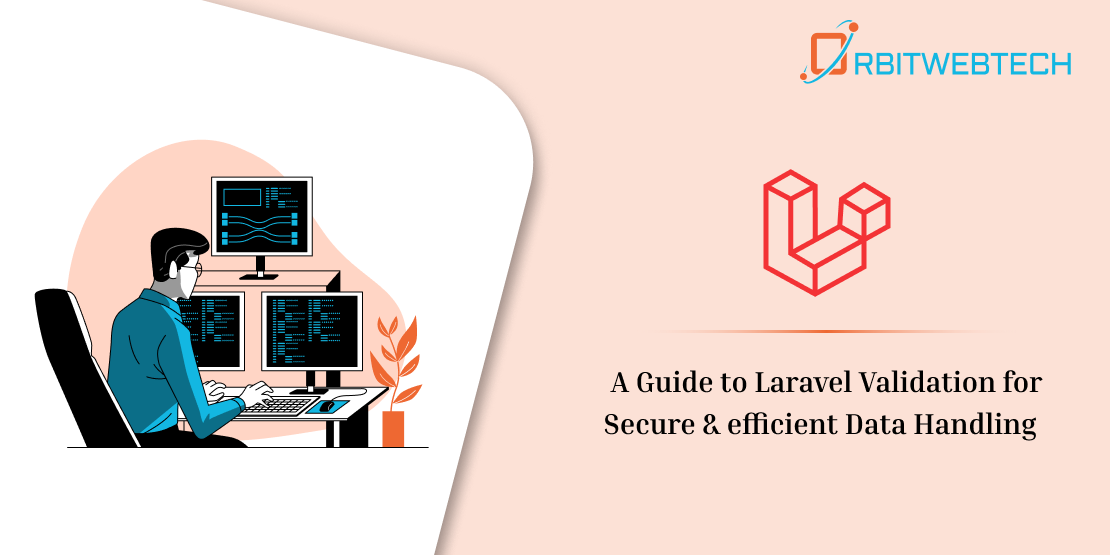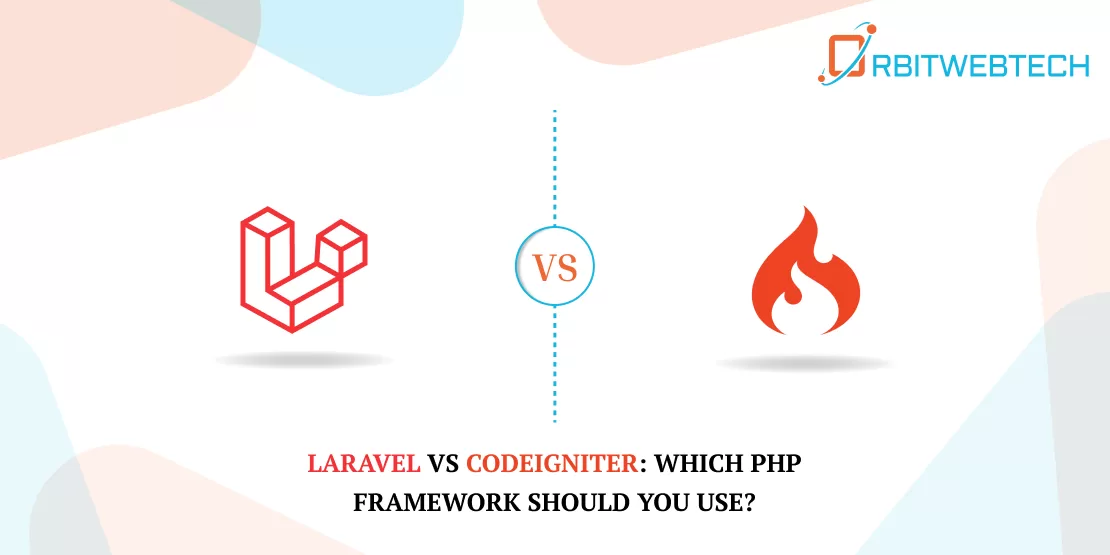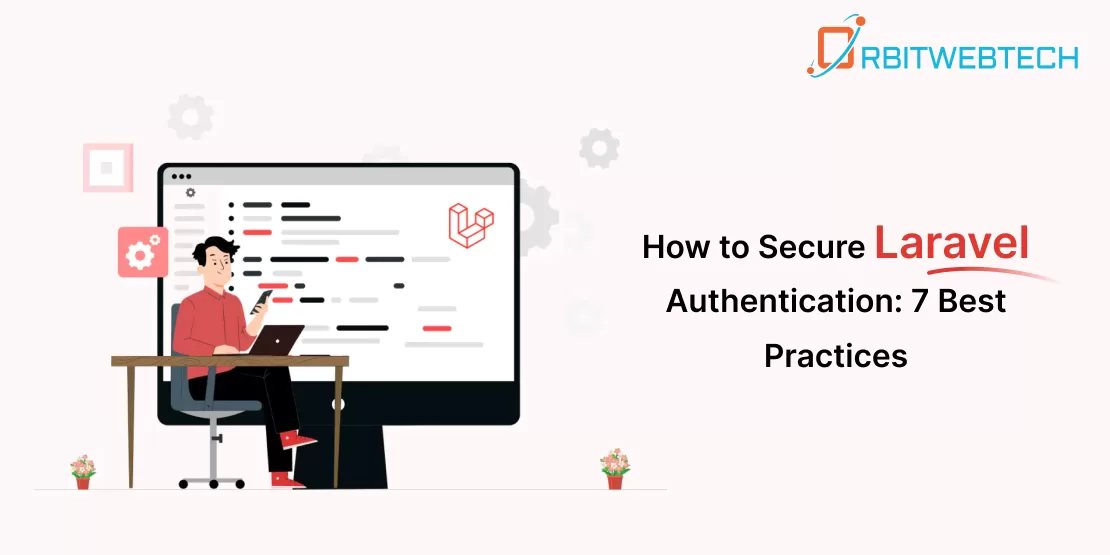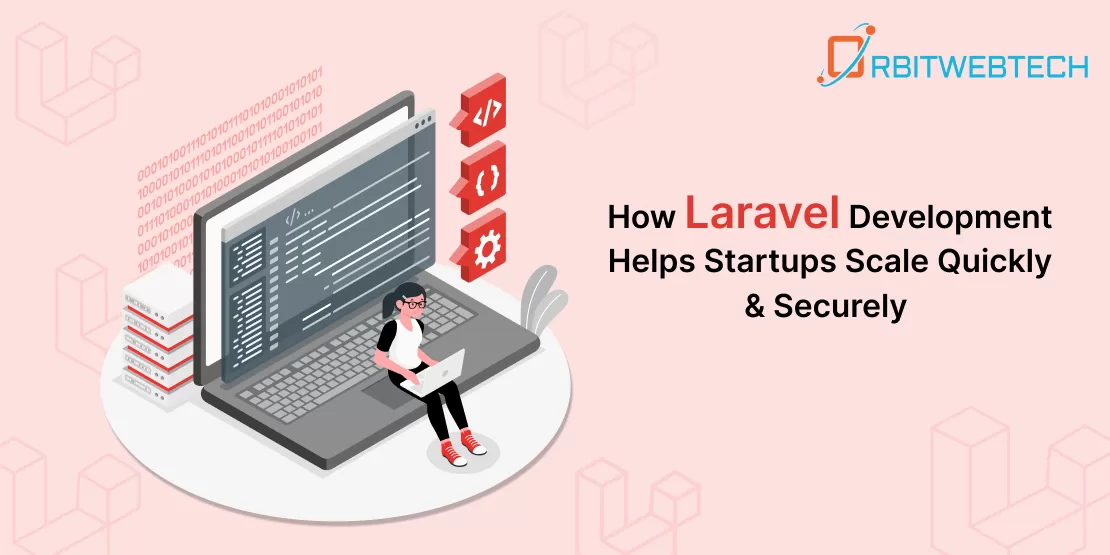
In today’s web development landscape, ensuring data security and accuracy is critical. For developers working with Laravel, a robust validation system is one of the most powerful tools available for secure and efficient data handling. Custom Laravel Development Companies in the USA often emphasize the importance of data validation as part of their development process to protect web applications from malicious input and that the data entered is correctly formatted. In this comprehensive guide, we’ll dive deep into Laravel’s validation features, covering Laravel validation rules, request validation, and custom validation.
Why Laravel Validation Is Crucial
Data validation ensures that the data provided by users meets certain standards before it’s processed or stored. Without proper validation, your web application is vulnerable to security threats, such as SQL injection, XSS (Cross-Site Scripting), and other malicious attacks. Laravel’s validation system ensures that user inputs are safe, clean, and adhere to the application’s rules, making it easier to secure and maintain data integrity.
Laravel validation works efficiently with forms and various types of input fields, making it ideal for handling complex data in large applications.It also provides flexibility by allowing you to define custom validation rules, ensuring your data meets the specific needs of your application.
Laravel Validation Rules
Laravel offers a wide variety of built-in validation rules to handle common scenarios. Whether you need to validate strings, numbers, files, dates, or arrays, Laravel has a rule for that. The validate method is used within a controller to apply these rules.
Here are some commonly used Laravel validation rules:
- Required: Ensures that the field is not empty.
- Email: Validates that the input is a valid email address.
- Numeric: Ensures the field contains a numeric value.
- Max: Limits the maximum value or length of a field.
- Min: Enforces a minimum value or length.
- Unique: Ensures the value is unique in a given database table.
Example:
In this example, the ‘name’ field must be a string with a maximum of 255 characters, the ‘email’ field must be a valid and unique email address, and the ‘age’ must be a numeric value of at least 18.
How to Use Laravel Request Validate
Laravel provides a simple and elegant way to validate incoming requests using the ‘Request’ object. By utilizing the ‘laravel request validate’ method, you can quickly validate form inputs or API requests. The validated data is automatically passed to your controller, where you can use it securely.
Here’s a basic example:
In the example above, the incoming request will be validated against the defined rules. If any of the validation criteria fail, Laravel will automatically return the user back to the previous page, displaying error warnings.
Advanced Validation Techniques
While the built-in validation rules cover many scenarios, there are times when you’ll need more customized validation logic. Laravel allows you to define custom rules, giving you the flexibility to validate your data according to your specific business logic.
Creating Custom Validation Rules
You can create Laravel custom validation rules by using the ‘Rule’ facade or by creating a custom rule class. Here’s an example using a closure to create a simple custom validation rule.
In this example, the custom rule ensures that the username cannot be ‘admin’. If the validation fails, it returns a specific error message.
Using Custom Validation Rule Classes
For more complex scenarios, Laravel allows you to create custom validation rule classes. These classes offer greater flexibility and can be reused across your application.
To create a custom rule, you can use the Artisan command:
This will generate a new rule class. You can then define your custom validation logic within the ‘passes’ method.
Example:
To apply this rule to a form request:
This method allows you to create complex validation logic while keeping your code organized and reusable.
Handling Validation Errors
One of Laravel’s strengths is how it handles validation errors. If validation fails, Laravel automatically redirects the user back to the previous page with error messages. You can customize these error messages by defining them in your language files, giving users a better experience when interacting with your application.
Here’s an example of how to handle validation errors:
With this approach, you can create user-friendly error messages that align with your application’s tone and style.
Validating Files and Arrays
Laravel’s validation system is versatile enough to handle files and arrays, making it a powerful tool for applications that deal with uploads or multiple inputs.
To validate a file:
For validating arrays:
In the first example, the file must be an image in a specific format, with a size limit of 2MB. In the second example, you validate that the ‘tags’ field is an array, and each element in the array must be a string.
Best Practices for Laravel Validation
- Keep Validation Rules Close to the Data: Validation rules should be defined in the controllers or form request classes where the data is being handled.
- Leverage Custom Validation Messages: Providing user-friendly error messages improves user experience and helps users correct their input quickly.
- Reuse Custom Rules: If you create custom validation logic, make sure to store it in reusable classes for consistency across your application.
- Use Form Requests: Laravel’s form request validation is a powerful tool that encapsulates your validation logic, making your controller methods cleaner and more maintainable.
- Secure User Inputs: Always validate and sanitize user inputs to protect against common web vulnerabilities like SQL injection and XSS.
Conclusion
Laravel’s validation system is a robust, secure, and efficient way to handle data validation. From simple form inputs to complex data structures, Laravel’s built-in validation rules and customizable options make it easy to ensure data integrity and security. Whether you’re using laravel validation rules, laravel request validate, or creating laravel custom validation, Laravel provides a powerful toolkit for web developers. As you continue to develop applications, always prioritize security and data validation to protect your users and maintain trust.
For custom Laravel development, Orbitwebtech stands out as the top choice for businesses seeking expert Laravel developers. With a proven track record in delivering secure, scalable, and high-performance web applications and Combines technical expertise with innovation. Whether you need tailored solutions or comprehensive Laravel support, our team is dedicated to transforming your vision into reality. As the Best Web Development Company in the USA, Orbitwebtech ensures top-quality development services to meet your business needs and drive success.


